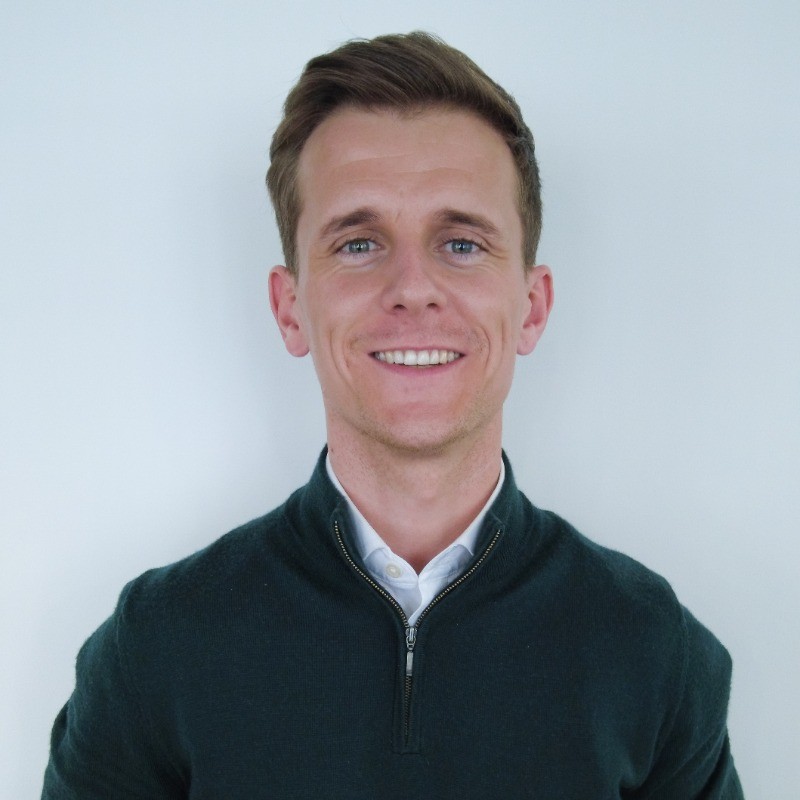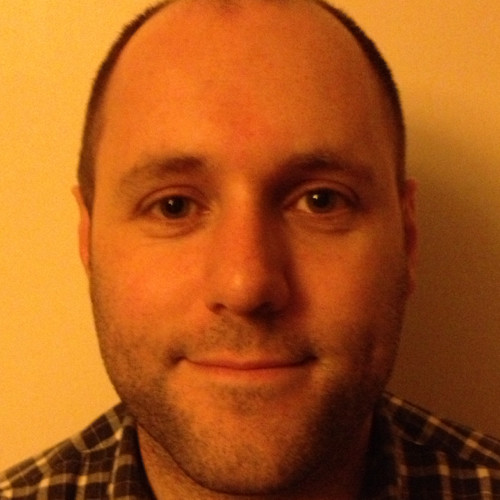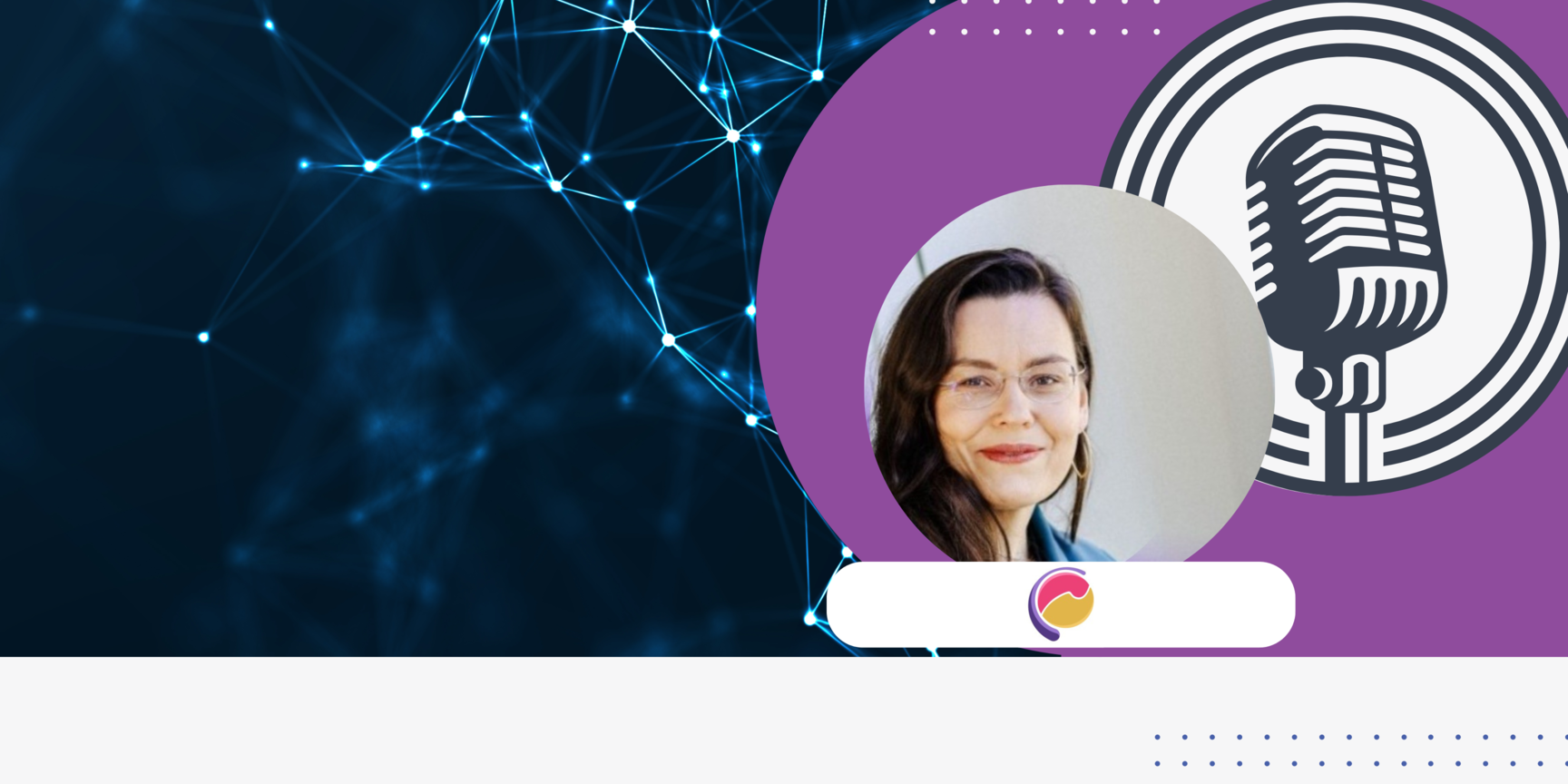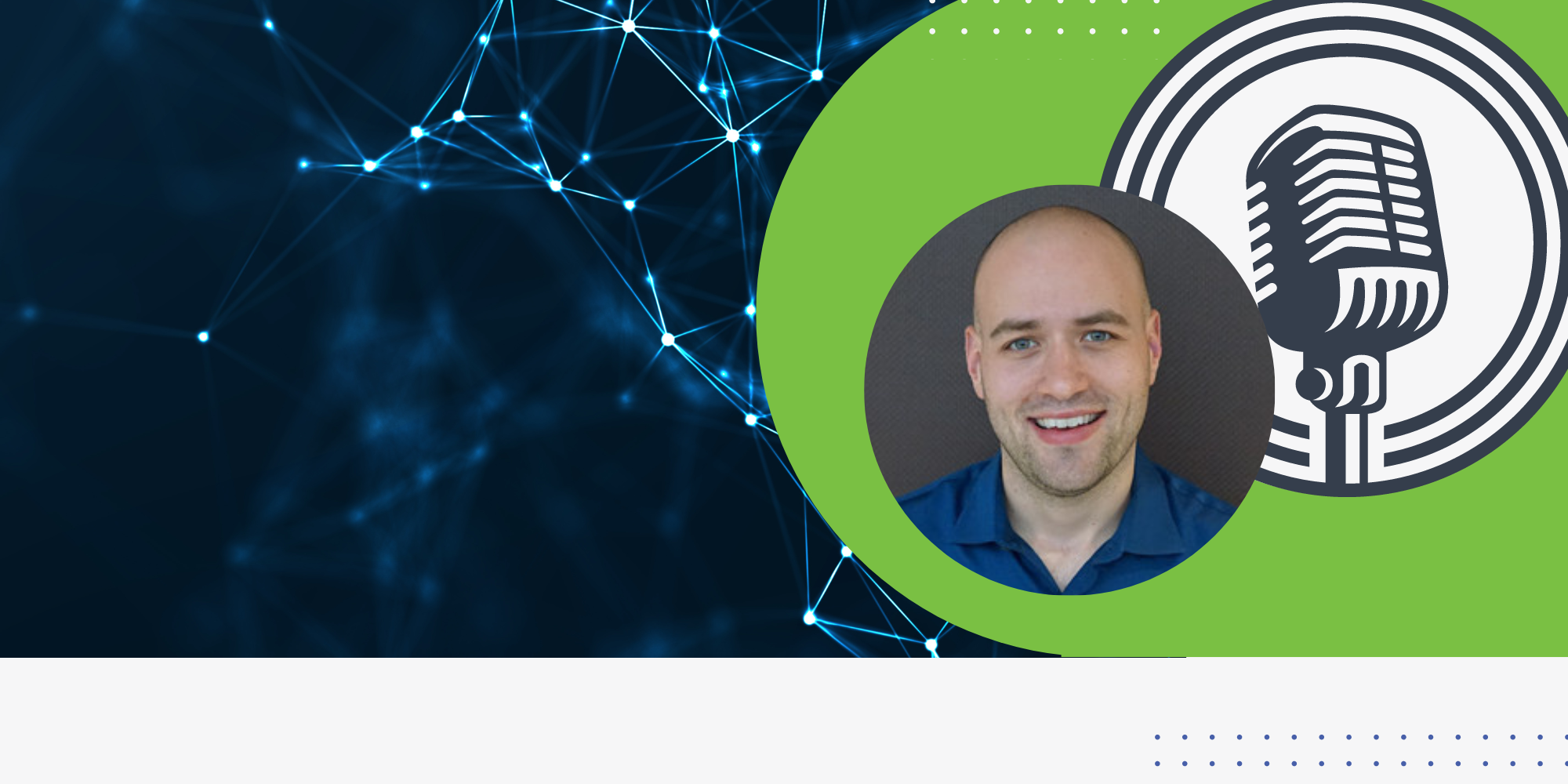
E17 - Nick Ryce at Commsworld
30 June, 2023On this week’s episode, James Dean, the Director at Hamilton Barnes sits down with Nick Ryce, the Senior Network Architect at Commsworld. They dive into Nick’s journey, starting as a chef from the age of 15-16 to now being in a senior role in the networking space.
From a young age, Nick decided to go down the route of becoming a chef, working in a small restaurant just outside of Edinburgh. He went to college and did a national certificate in professional culinary arts, which he took for a couple of years but eventually came to a point where it got too hard, working long hours in bad conditions. He knew from that point forward he needed to seek a new career, and that is exactly what he did. From a pension administrator, and doorman to a baggage handler in an airport. He then ended up at a company called Telewest back in 2003-2004 and as part of their company, went to work in an airport as an IT Technician on the checking systems. He worked his way up in IT and has now been at Commsworld for 10 years… “It feels like I get paid to do a hobby”.
Nick went to university and studied Computer Networks, but it didn’t quite turn out as he had hoped. The first couple of years was purely Computer Science which involved a lot of software development and Microsoft access databases. He ended up leaving after his first year, the reason behind this was that his course was very restricted. The professor would put slides up and everyone would be copying the slides into their notes, eventually going from 180 people down to 5. This didn’t stop him though as he knew that this wasn’t the full picture of what the technology world looked like.
For anybody who wants to get their foot in the door into the industry, Nick recommends that you take a CCNE. If you want to do networking regardless of what vendor you end up using, a CCNE will get you to where you need to be, it essentially takes you from not having any knowledge on networking to having network knowledge.
Nick has been at Commsworld for 10 years now, starting as a Senior Network Architect to working his way up to the Head of Network Operations. During his time there he has seen the company grow and specifically seen the comparison from Commsworld to their competitors. In this industry, you must stand out from the rest as it’s so high in demand and growing every day. What sets Commsworld apart from the rest, is their USPs against the bigger competitors – they can think outside the box, they are very dynamic in what they can do, can go low-level with the customers, and they are incredibly transparent in what they do and how they present things to the customer. Commsworld is also building their own fibre infrastructure and alongside that, they are quite literally digging up the road and pavements to put in their own fibre asset.
With much time in the industry, Nick has had some great moments, but it’s not always been sunshine and rainbows. The biggest networking disaster he has come across during his time is one in his previous role, where there were 2 Local Network Servers, he was working on 1 of those and he ended up rebooting the wrong one during a meeting. He managed to pull it back but there was still a moment of terror in there. His other disaster was that he tried to put a Cisco 35-60 image on a Cisco 35-50, and it doesn’t work. It’s fine until you reboot it, and it never comes back. He was in Glasgow at the time and this mistake was made from an Edinburgh site, so he drove the maximum speed limit whilst calling the data centre team to get it fixed. This resulted in a lot of people’s internet connections breaking.
Looking at it from an 18-year-old who would like to join Commsworld, what are the selling points and benefits of working for them?
Apart from accessing free internet, the most exciting part about working for Commsworld is having exposure to all these new technologies and being able to see what is happening in the networking space first-hand.
With an exciting few years ahead, Nick is looking to get into bigger and better merging technologies. To find out what, listen to the podcast below:




